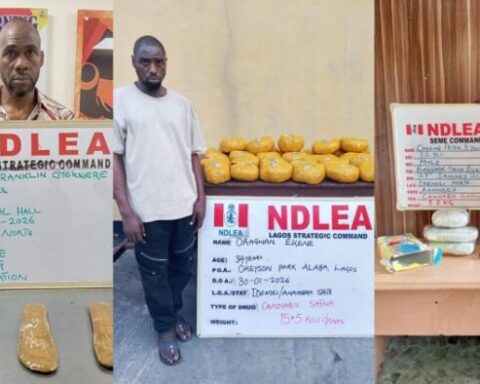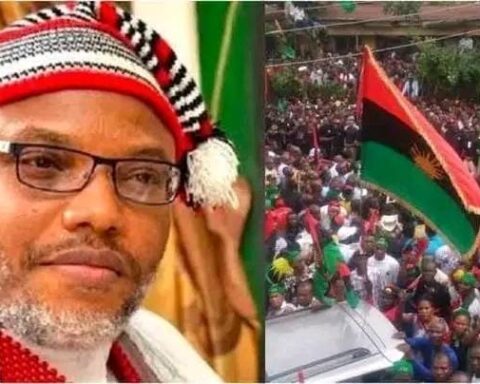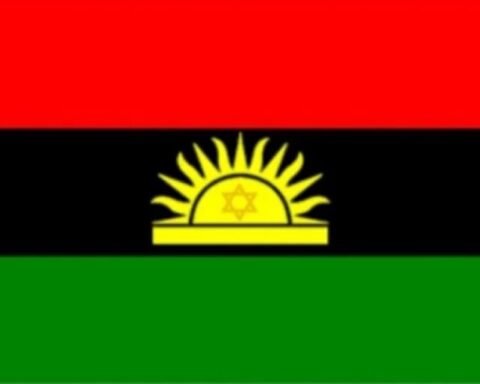The Civil Society Legislative Advocacy Centre (CISLAC) yesterday (Monday, December 9) marked the International Anti-Corruption Day with a call on Nigerians to unite against corruption, which, according to the transparency advocacy group, continues to undermine the nation’s socio-economic progress.
In a statement he issued in Abuja yesterday, Executive Director of CISLAC, Auwal Ibrahim Musa Rafsanjani, described corruption as “the root cause of poverty and insecurity in Nigeria.”
“We must support our anti-corruption agencies to ensure they can effectively combat this menace,” Rafsanjani declared.
Highlighting the pervasive impact of corruption across various sectors, including security, healthcare, and education, CISLAC pointed out, for instance, that billions intended for national defense had been misappropriated, leaving troops under-equipped in the fight against insurgency.
“The security sector is plagued by corruption that diverts funds meant for counterterrorism efforts,” Rafsanjani lamented.
The healthcare system also suffers from systemic corruption, with only 5% of the national budget allocated to health services, far below the recommended 15%.
“The lack of proper funding has resulted in a dire doctor-to-patient ratio of 1:6,000,” he agonized.
Corruption in Nigeria has emerged as a significant barrier to accessing essential services, exacerbating poverty and deepening inequality, CISLAC emphasized, pointing out that mismanagement of funds and systemic corruption have left millions in Nigeria without adequate healthcare, clean water, nutritious food, and quality education.
According to the group, in the healthcare sector, the 2024 budget allocated a paltry 5% of the budget to healthcare, a figure far below the recommended 15%.
One of the consequences of such underfunding, Rafsanjani further lamented, is the poor doctor-to-patient ratio of 1:6,000 in Nigeria, leading to delayed diagnoses and high mortality rates.
Reports indicate that funds intended for healthcare facilities have been misappropriated, with hospitals like Hasiya Bayero Pediatric Hospital in Kano facing neglect.
Access to clean drinking water is similarly compromised. UNICEF reports that about 70 million Nigerians lack basic water services, while 23% rely on contaminated sources. Corruption in water management has resulted in ghost projects and inflated contracts, worsening public health.
The agricultural sector is also affected, with only 40% of arable land cultivated due to corruption in the allocation of resources. This has led to food insecurity, forcing Nigeria to borrow grains from ECOWAS despite its agricultural potential.
In education, approximately 20 million children are out of school—the highest globally. Misappropriated public funds have resulted in deteriorating infrastructure and unpaid teacher salaries. Additionally, sexual exploitation within schools has further eroded trust in the system.
The plight of internally displaced persons (IDPs) also underscores the impact of corruption. With over 4.3 million IDPs lacking adequate food, water, and medical care due to mismanaged funds, their suffering is compounded by corruption in humanitarian aid distribution.
Rafsanjani warned that without significant reforms and accountability measures, millions of Nigerians will continue to be deprived of their basic rights and needs.
Addressing corruption is essential for fostering socio-economic development and improving access to essential services across the country, the CISLAC boss stated.



























